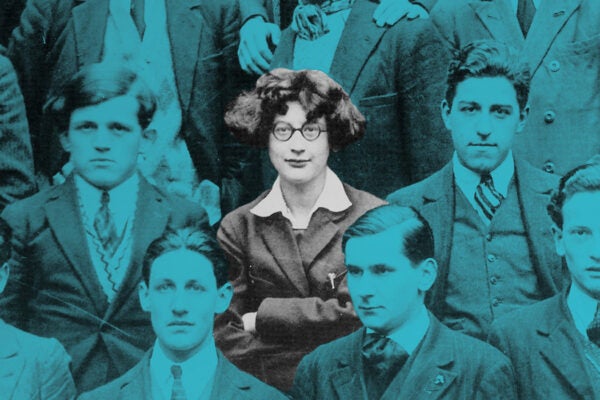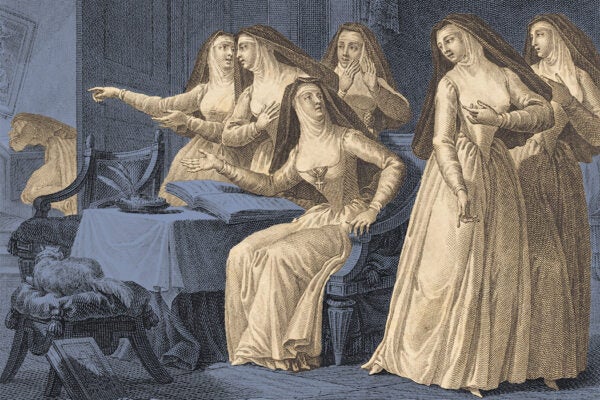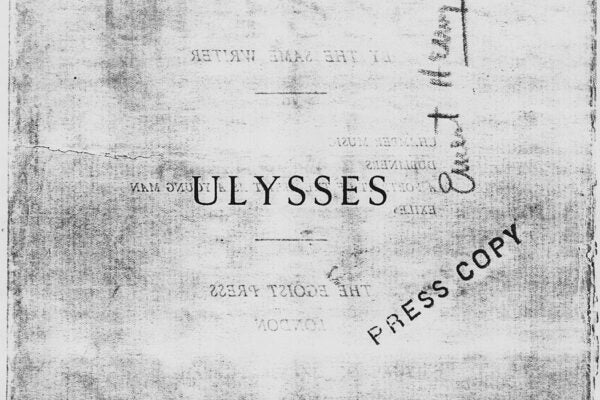The Fugitive Slave Act of 1850: Annotated
The Fugitive Slave Act erased the most basic of constitutional rights for enslaved people and incentivized US Commissioners to support kidnappers.
The Bloomsbury Group: A Reading List
In 1905, a group of writers and painters gathered in a London home and began a conversation on politics, love, sex, and art that lasted decades.
Transatlantic Studies: A Reading List
Using the Atlantic Ocean as a guiding metaphor, transatlanticism emphasizes the fluid nature of contrived national boundaries and identities.
A Game of Words from JSTOR Daily
Test yourself against Cross Reference, our monthly crossword puzzle!
Natural History: A Reading List
This annotated bibliography samples scholarship on the rich—and difficult—history of natural history.
Simone Weil: Voluntary Worker
The weeks Weil spent working in French factories helped to develop her ideas about the meaning and value of labor.
A Mother Superior’s Demons
What does it mean when an entire convent of Urusline nuns appears to be possessed by demons? Many things, as it turns out.
Inventing Silk Roads
The idea of a Silk Road, though it conjures up visions of exotic goods passing between Asia and Europe via ancient trade routes, is a thoroughly modern one.
Verbatim: Fredric Jameson
Marxist cultural critic Fredric Jameson offered a philosophy of late capitalism that gave us a language for talking about globalization and the end of modernism.
Ulysses Obscenity Decision: Annotated
In December 1933, Judge John Woolsey issued what would become one of the best known legal decisions on obscenity in United States history.









